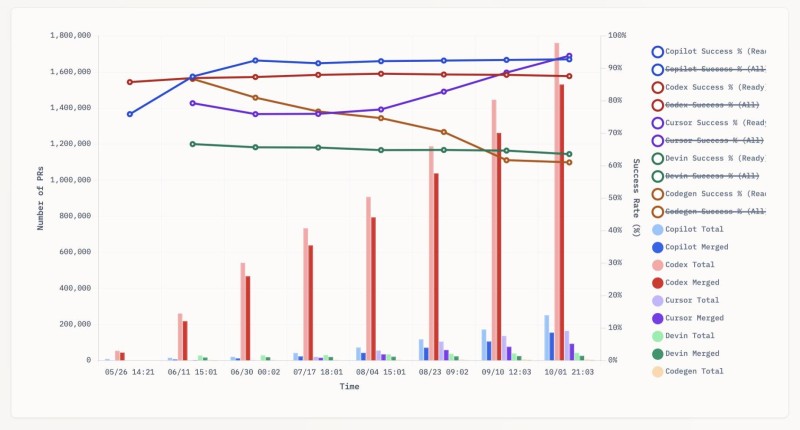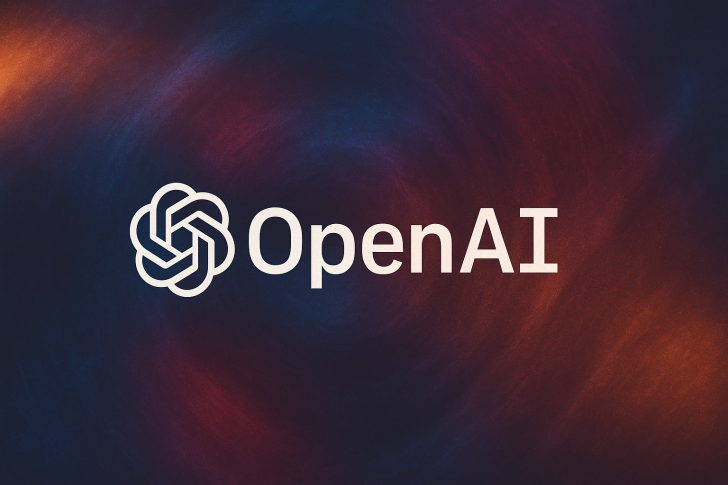Artificial intelligence isn't just helping developers write better code anymore—it's starting to code independently. Simon Willison, a well-known developer and AI commentator, recently revealed that OpenAI's Codex Cloud currently leads the pack among autonomous coding agents, based on GitHub search activity. These findings point to a major shift: AI tools are no longer just assistants but increasingly independent contributors to real software projects.
What Are Autonomous Coding Agents?
Simon Willison, a well-known developer and AI commentator, recently revealed that OpenAI's Codex Cloud currently leads the pack among autonomous coding agents, based on GitHub search activity. Unlike earlier AI assistants that only suggested code snippets, autonomous coding agents act more like junior developers. They connect directly to repositories, analyze open issues, generate solutions, and submit pull requests with minimal human oversight.

Key advantages: automating repetitive tasks like dependency updates or refactoring, speeding up development cycles by implementing straightforward issues, and boosting productivity by letting human developers focus on architecture and design. GitHub search data offers a clear window into their adoption—and OpenAI's Codex Cloud is leading by a significant margin.
Why Codex Cloud Is Winning
According to Willison's observations, OpenAI's Codex Cloud is "very much winning" in terms of usage. Several factors explain this dominance. Codex was one of the first large language models built for code, powering GitHub Copilot before expanding into cloud automation. It plugs directly into GitHub, the developer ecosystem most widely used today. Backed by OpenAI's infrastructure, it supports diverse languages and workloads with high reliability. This combination of maturity, trust, and convenience has given Codex Cloud a commanding position.
The race isn't over yet. Tech giants like Google DeepMind and Anthropic are testing advanced AI code assistants. Open-source projects are experimenting with lightweight, specialized agents, while startups focus on cost-effective solutions for smaller teams or niche frameworks. Still, adoption metrics suggest that developer trust, strong integration, and reliability are what matter most—and OpenAI holds the upper hand for now.
 Peter Smith
Peter Smith

 Peter Smith
Peter Smith


